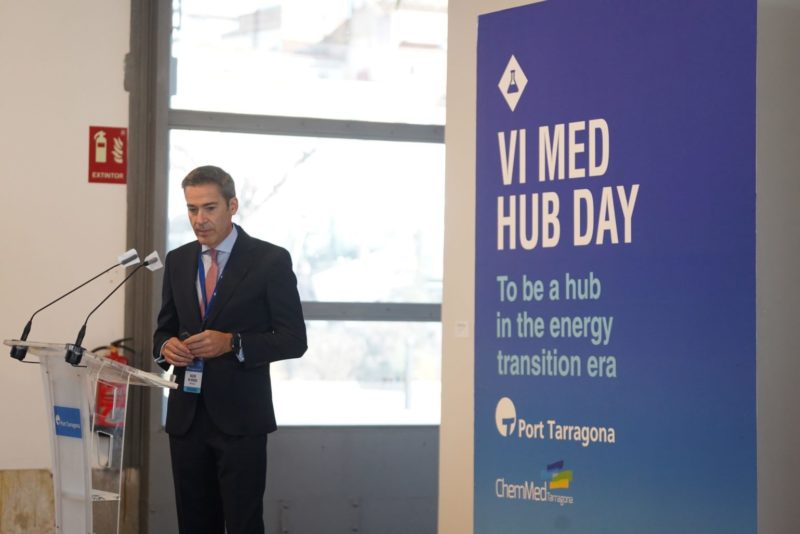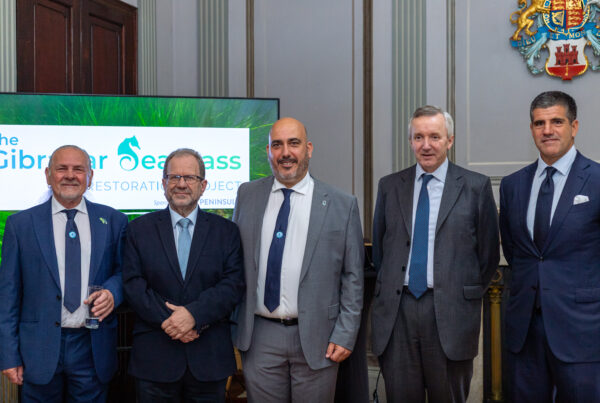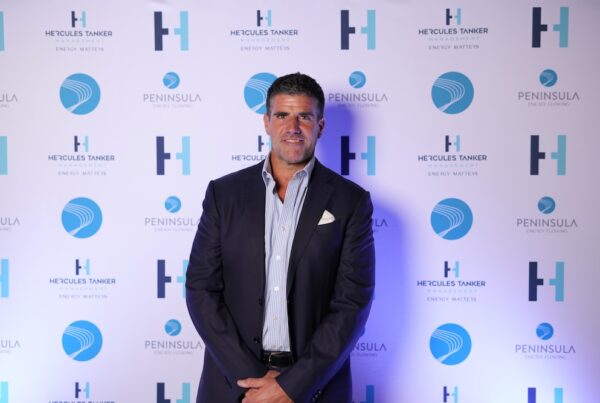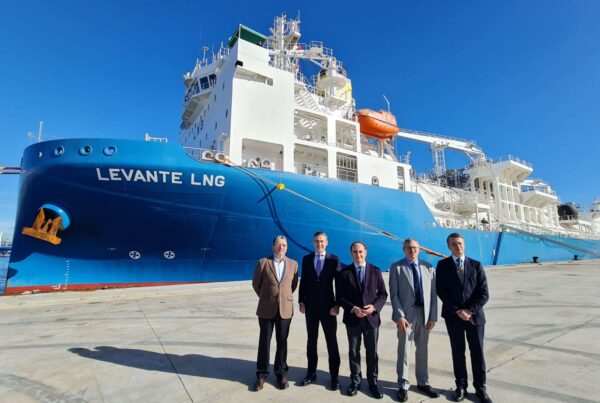
Our Head of Alternative Fuels and Sustainability, Nacho de Miguel, participated in a panel discussion regarding “the future of bunkering: a window for alternative ports” during the sixth edition of the Med Hub Day, organised by the Port of Tarragona last week.
The aim of the conference was to promote, debate and exchange information about the strengths and opportunities offered by the Mediterranean as a logistics platform for chemical and petrochemical products. The focus of the conference was “being a hub in the era of energy transition”, therefore the future fuels and energy landscape were covered in depth by experts.
Nacho de Miguel acknowledged the bunkering industry’s role in the transition towards a cleaner and more sustainable shipping industry. He warned however, that production, availability and demand are not yet in balance for many alternative fuels. He stated conventional fuels will remain a key part of the marine fuel offering, even though it will most likely drop below 40% in 2050.
LNG, one of Peninsula’s current alternative fuels of choice, continues to gain market share, however investments in assets and infrastructures are essential for it to have a true impact in the industry.
Nacho de Miguel recognised the demand for biofuels and methanol is also growing, the latter at a slower rate. He added, “hydrogen and ammonia could emerge as key future green fuels, probably beyond 2030”. Nevertheless, he highlighted all net-zero fuels require a large amount of green energy and industrial space for production and storage, therefore the industry has significant challenges to overcome technically, economically and to meet safety concerns.
He concluded reaffirming Peninsula will carry on being the leading independent global marine fuels supplier, helping its customers navigate their energy transition and decarbonisation journey no matter what the future brings.





